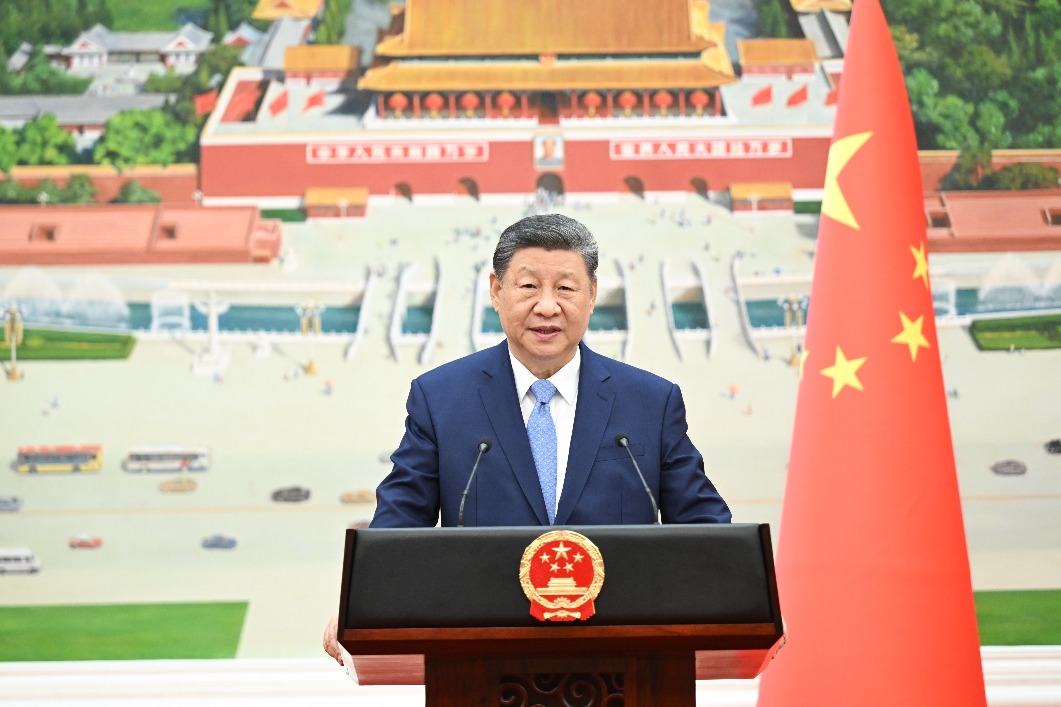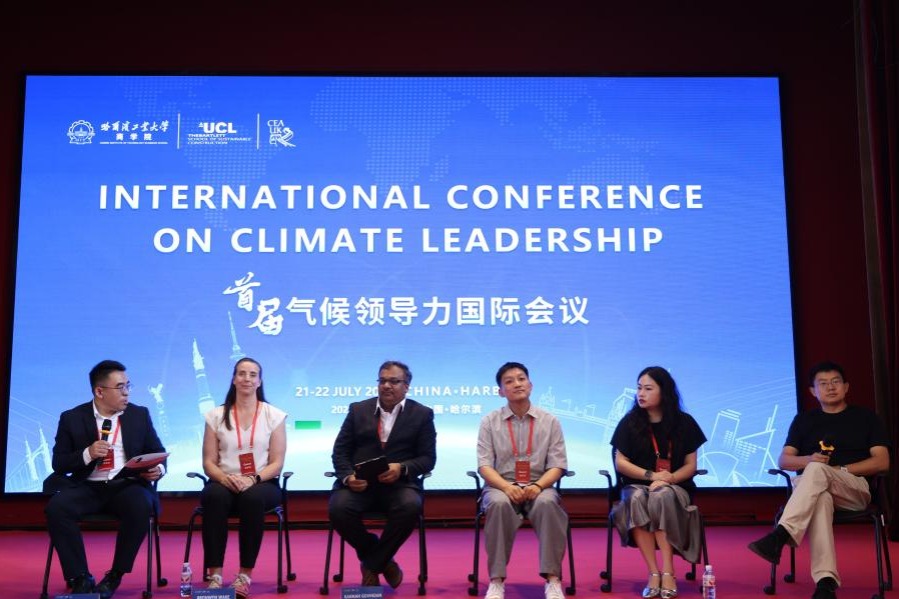Extend benefits to farmers to bridge rural-urban divide in a better way

Governments at various levels should take measures to make it easier for farmers to become urban residents, in order to realize the central government's 2020 objective of turning 100 million farmers into urban residents, the National Development and Reform Commission said at a news conference in Beijing on Sunday.
Statistics show that by the end of last year, 60.6 percent of China's population lived in cities-1.02 percentage points more than in 2018 and 5 percentage points higher than the global average. And yet the urbanization rate in China, more importantly its quality, is low compared with developed countries.
Although hundreds of millions of rural residents have moved to the cities in recent years, many are migrant workers, which means they still have a rural hukou (household registration) and thus do not have access to public welfare programs in the cities. For example, it is difficult for them to get their children admitted to a school in a city, as schools have a fixed number of seats. Also, they cannot get subsidized medical care or pensions.
In other words, although the government counts them as urban residents while computing the local urbanization rate, when it comes to hukou they remain rural residents who will return to the countryside after they stop working in the cities.
At another level, with a major part of the working-age population relocating to cities, the countryside is fast hollowing out. So, despite the government's efforts to modernize infrastructure and alleviate poverty in rural areas, the gap between villages and cities continues to widen.
Instead of urging local governments to attract more migrant workers to the cities, the central authorities should focus more on the quality of urbanization by, for example, extending urban public welfare measures to the migrant workers and allocating more resources to modernize agriculture and improve public services in rural areas.
Unless the rural-urban gap is bridged and migrant workers stop becoming secondary residents in cities, urbanization efforts will end up becoming another case of cities exploiting the countryside.
- LI YANG, CHINA DAILY
Today's Top News
- Xi: Nation to expand opening-up
- China sees over 33.7 billion inter-regional trips in H1
- BRICS justifiably calls for IMF reforms
- Xi receives credentials of new ambassadors to China
- Sino-US trade talks key to global supply chain
- Medical insurance covers 95% citizens






























